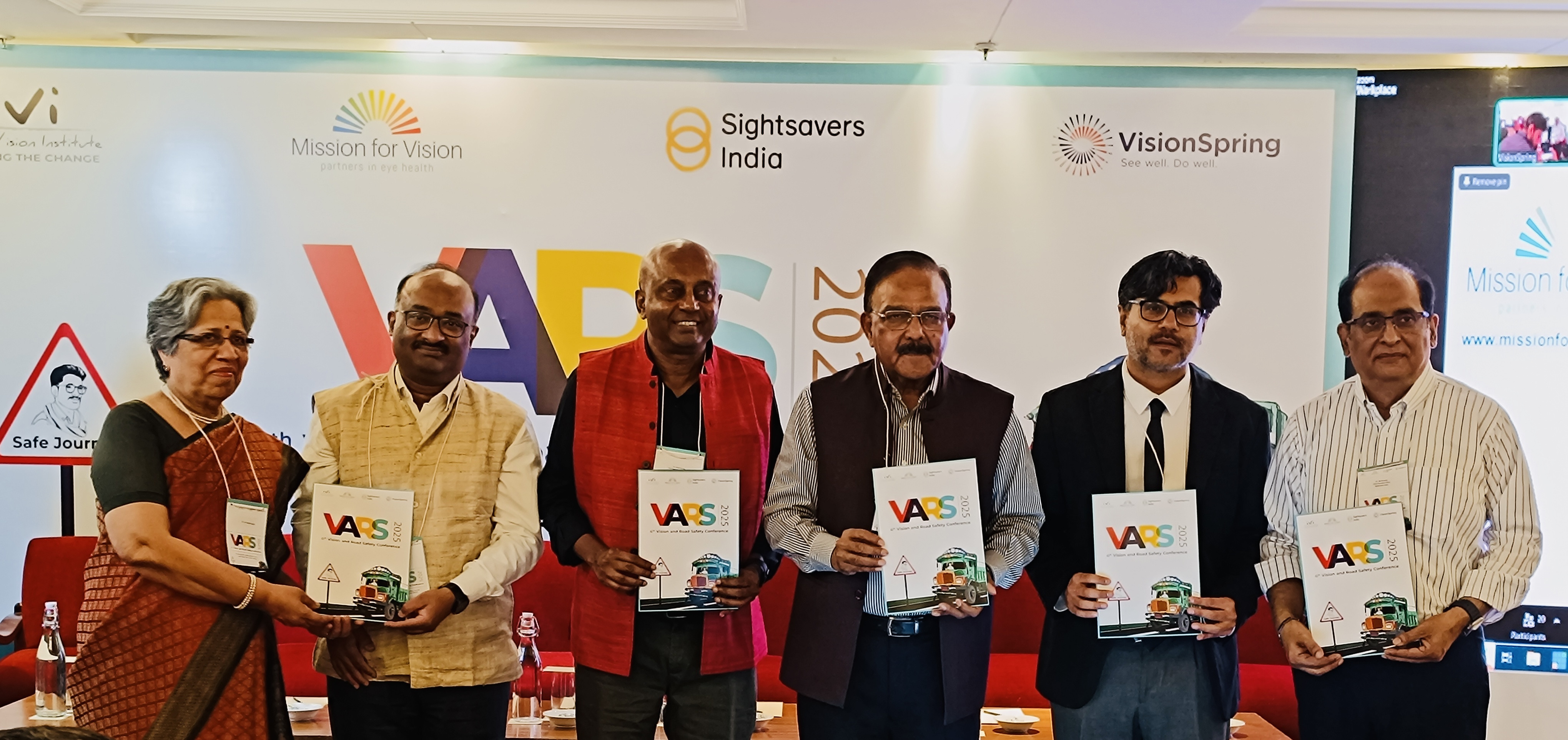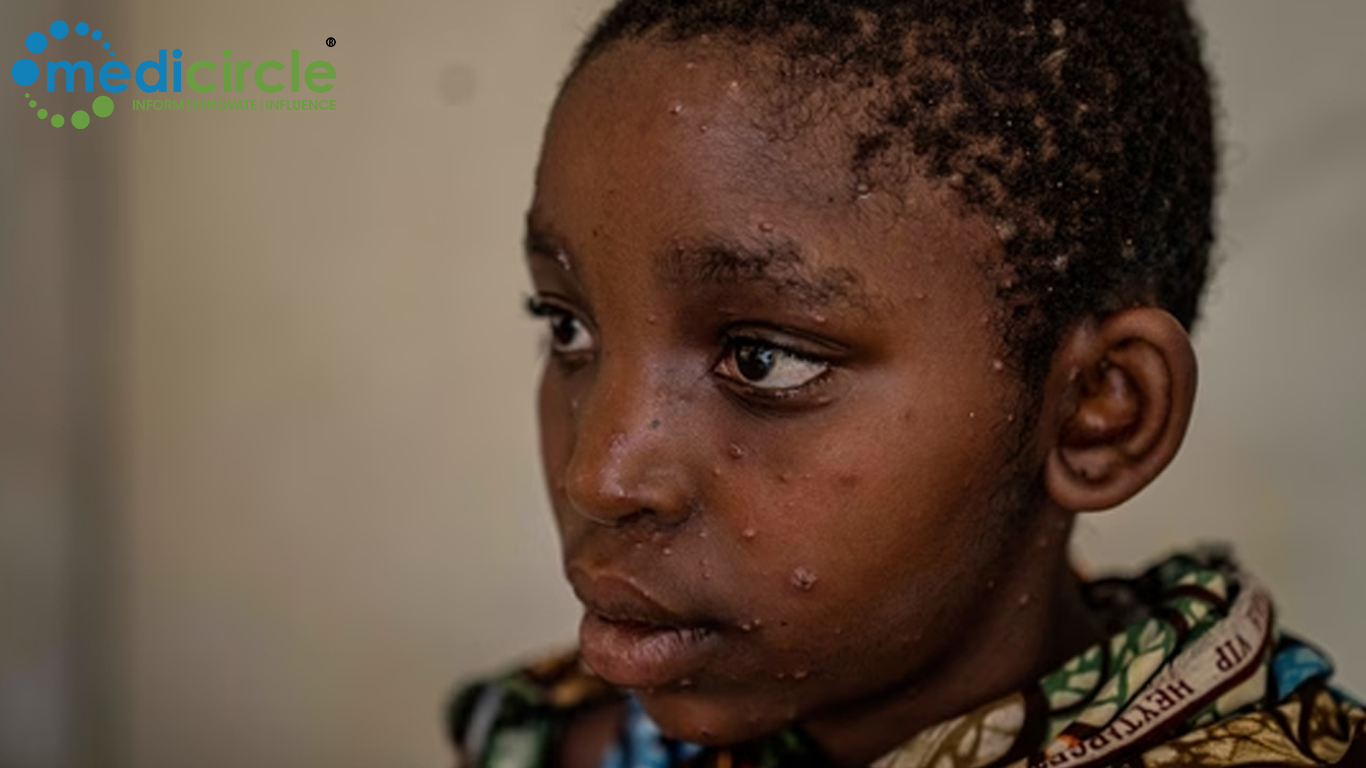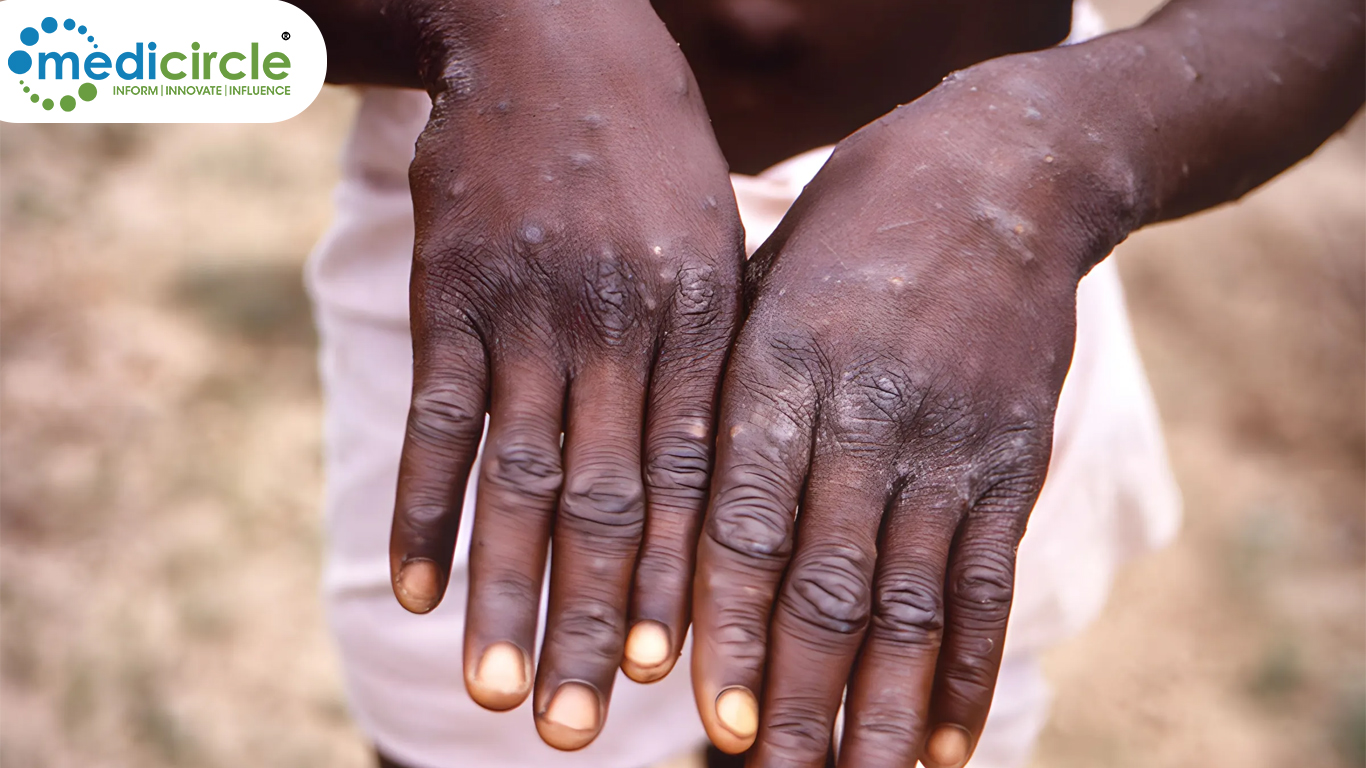Drinking up to three or four cups of caffeinated or decaffeinated coffee a day reduces your risk of developing and dying from chronic liver diseases, a new study found.
Coffee drinkers were 21% less likely to develop chronic liver disease, 20% less likely to develop chronic or fatty liver disease, and 49% less likely to die from chronic liver disease than non-coffee drinkers, according to the study published Monday in the journal BMC Public Health.
"Coffee is widely accessible, and the benefits we see from our study may mean it could offer a potential preventative treatment for chronic liver disease," said study author Dr Oliver Kennedy, who is on the medical faculty of the University of Southampton in the UK, in a statement.
"This would be especially valuable in countries with lower income and worse access to healthcare and where the burden of chronic liver disease is highest," Kennedy said.
Risk factors for liver disease include drinking alcohol, obesity, diabetes, smoking, hepatitis B and C infections, and having nonalcoholic fatty liver disease, which is the buildup of extra fat in liver cells that is not caused by alcohol.
Diagnoses of nonalcoholic fatty liver disease, which strikes people who are obese, overweight, or who have diabetes, high cholesterol or high triglycerides, have more than doubled over the past 20 years, according to the American Liver Foundation, affecting up to 25% of Americans.
The rate of liver cancer has more than tripled between 1980 and today, "while the death rates have more than doubled," according to the American Cancer Society.
Causes of liver cancer include diabetes and nonalcoholic liver disease, as well as excessive drinking or hepatitis B and C infections.
Diagnoses of liver cancer have been on the rise globally for decades -- a 2018 study found a 75% increase in cases worldwide between 1990 and 2015.
Liver cancer is the sixth most common cancer worldwide, according to the World Cancer Research Fund, with some 83% of cases occurring in less developed countries, especially those in Asia and Africa. Survival rates are poor because there are no early symptoms, so many cases of liver cancer are quite advanced at the time of diagnosis.
The study examined coffee consumption among 494,585 participants of the UK Biobank, a biomedical database and research resource, and then followed them for nearly a dozen years.
While the maximum benefit was seen in the group who drank ground caffeinated or decaffeinated coffee, instant coffee drinkers also saw some benefits. Ground coffee has higher levels of kahweol and cafestol, two antioxidants found in coffee beans that have been shown in studies to have anti-inflammatory properties. Cafestol, however, has also been shown to increase bad cholesterol, or LDL (low-density lipoproteins).

 Coffee may be the cheapest way to take care of your liver
Coffee may be the cheapest way to take care of your liver







.png)

.png)










.jpeg)


.jpeg)



.jpeg)
.jpeg)






.jpeg)





